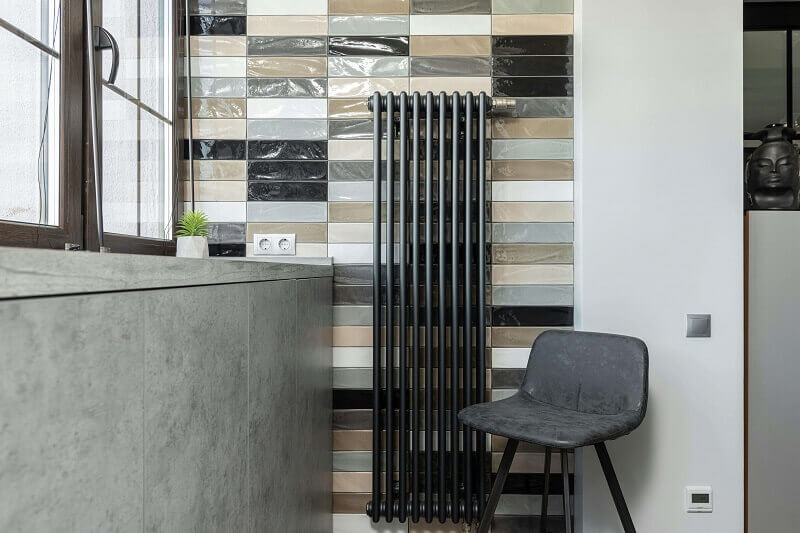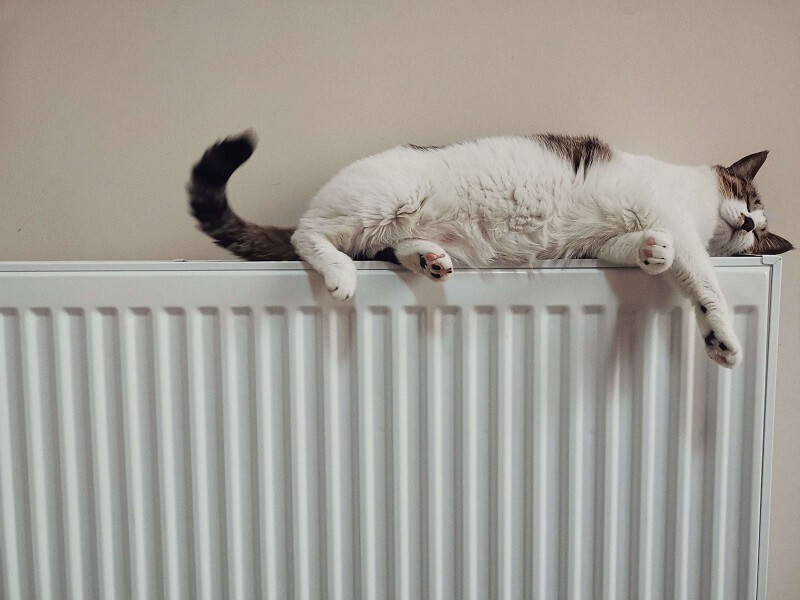Embarking on heater installation in San Jose, CA, especially as the chillier months approach, requires careful planning and consideration to ensure safety and efficiency. We tailored this guide to help homeowners and property managers navigate the intricacies of installing a heating system that meets their needs. From understanding the types of heaters suitable for different spaces to comprehending local installation codes, we cover all the essential aspects to make an informed decision. Moreover, we delve into the importance of energy efficiency and safety precautions during installation, ensuring that your new heating system not only warms your space but also aligns with safety standards and energy-saving practices.
Shifting focus to heater repair in San Jose, CA, it’s crucial to recognize the signs that your heating system needs attention. This guide also serves as a primer on recognizing early warning signs of heater issues, understanding when to seek professional help, and how to maintain your heater for optimal performance. We emphasize the importance of timely repairs to prevent minor issues from escalating into major problems. As you read through, you’ll gain valuable insights and practical tips that will help you keep your heater running smoothly, safely, and efficiently. So, stay tuned for a comprehensive overview that ensures your heating system remains a reliable source of warmth and comfort.
The Importance of Hiring Professional Heater Installers
Hiring professional heater installers is crucial for several reasons. Firstly, they have the necessary training and experience to ensure safe and correct installation, minimizing the risk of future problems and potential safety hazards. They are also well-versed in local codes and regulations, ensuring your installation complies with every requirement. A professional can correctly size your unit, optimizing its performance. They can also detect and rectify any issues in your ductwork or ventilation system affecting your heater’s efficiency. While hiring a professional might seem like an added expense initially, it can save you time, effort, and potential repair costs in the long run.
Choosing the Right Heater for Your Space
Choosing the right heater for your space is crucial for optimal heating and energy efficiency. Start by assessing your heating requirements, which depend on your local climate, the size and insulation of your space, and the number of rooms. There are different types of heaters – including natural gas, propane, oil, and electric models – each with pros and cons. The heater’s energy efficiency or Annual Fuel Utilization Efficiency (AFUE) rating will significantly affect its running cost. Consulting with a heating professional can be helpful, ensuring the heater you choose best suits your needs and goals.

Safety Precautions During Heater Installation
Undertaking safety precautions during heater installation is crucial, regardless of whether you’re a professional or a DIY enthusiast. Ensure the unit is off at the power source before starting the installation. Wear proper protective gear, including gloves and eye protection. Follow installation instructions meticulously, especially if handling the fuel source, to prevent leaks or accidents. Ensure the heater has ample space for adequate ventilation and doesn’t pose a fire hazard. Securely fasten all connections and check the stability of the unit. After installation, test the heating system thoroughly to ensure everything operates without mishap. Install a carbon monoxide detector for gas heaters to alert you of leaks.
Efficiency Boosting Tips for Heater Installation
A few tips can boost the efficiency of your heating system during installation. Ensure you’ve chosen a heater with a high-efficiency rating, ideally one with an ENERGY STAR certification. Locate the heater centrally to maximize heat circulation, reduce heat loss, and minimize ductwork. Opt for a programmable thermostat to regulate temperature automatically and reduce energy waste. Ensure your home’s insulation and sealing are sufficient to prevent heat loss. Regularly maintaining your heater by cleaning or replacing filters and conducting annual professional inspections can also significantly enhance its efficiency and prolong its lifespan.
Understanding Heater Installation Regulations
Understanding and adhering to local heater installation regulations is essential. Your municipality or state generally enforces these regulations to maximize safety and efficiency. These regulations may dictate the type of heater you can install, the minimum energy-efficiency rating required, ventilation requirements, and specific safety measures. Professional installation may be mandatory for certain types of heaters in many places. Many jurisdictions also require permits and inspections for new heater installations to confirm they comply with codes. Violating these regulations can result in penalties and void warranties, and in some situations, could jeopardize homeowner insurance, making understanding them vital.
Tools Required for Safe Heater Installation
Proper tools are essential for safe and effective heater installation. For most installations, you’ll need a set of screwdrivers, wrenches, pliers, a drill, and a multimeter for checking electrical connections. Pipe cutters and a pipe threader may be necessary for gas installations. Safety gear such as gloves and safety glasses are also essential. If you’re working on a gas heater, a gas leak detector is crucial to ensure no gas leaks once you have installed the heater. Always refer to the installation manual provided with your specific model, as it might require special tools, and remember, professional installation is often best and safest.
Common Mistakes to Avoid in Heater Installation
Several common mistakes can hinder the success of your heater installation. One of the most frequent is incorrect sizing – a heater that is too large or small for your space will not heat effectively and efficiently. Ignoring local regulations or not obtaining the necessary permits can lead to problems later. Skipping professional installation and attempting it yourself without proper skills and tools can result in improper installation and pose safety concerns. Not checking system components thoroughly before installation can create problems later. Avoid rushing the process – taking time to understand instructions and methodically checking off each step can help circumvent these pitfalls.

Post-Installation Heater Safety Check
After your heater installation, conducting a safety check is vital. Ensure you have securely fastened the unit and all connections are firm. Test-run the heater to verify proper function, listening for strange noises and unusual smells. Periodically inspect vents and air intake grills to ensure nothing is blocking them. For gas heaters, use a gas leak detector to ensure no leaks exist. Install carbon monoxide detectors nearby as an added safety measure. It’s also valuable to have a professional technician review the installation and confirm they have correctly set up everything, particularly if you need to be an HVAC expert. Regular maintenance checks following the installation will ensure your heater’s prolonged lifespan and efficient operation.
In conclusion, understanding the nuances of heater installation in San Jose, CA, is crucial in ensuring a safe, comfortable, and energy-efficient home. This guide has provided vital information on selecting the right heating system, adhering to local safety codes, and focusing on energy efficiency. We have emphasized the importance of professional installation, where Pelle Heating & Air Conditioning excels, offering expert services to meet your heating needs. With their experienced technicians, you can rest assured that your heater installation will be handled with the utmost care and professionalism, guaranteeing long-lasting comfort in your home.
As for heater repair in San Jose, CA, remember that the key to maintaining a safe and efficient heating system is recognizing when it’s time for a professional check-up. Whether routine maintenance or urgent repairs, Pelle Heating & Air Conditioning is your go-to service provider. They specialize in identifying and addressing various heating issues, ensuring that your heater operates smoothly throughout the year. If you’re experiencing any difficulties with your heating system or want to ensure its optimal performance, don’t hesitate to contact Pelle Heating & Air Conditioning for reliable and expert service. Taking action now can prevent more significant issues in the future, keeping your home warm and your heating costs in check.
The post Safe and Efficient Heater Installation Tips appeared first on Pelle Heating & Air Conditioning.

